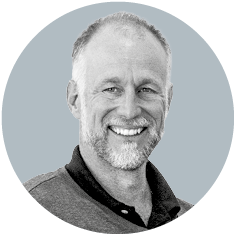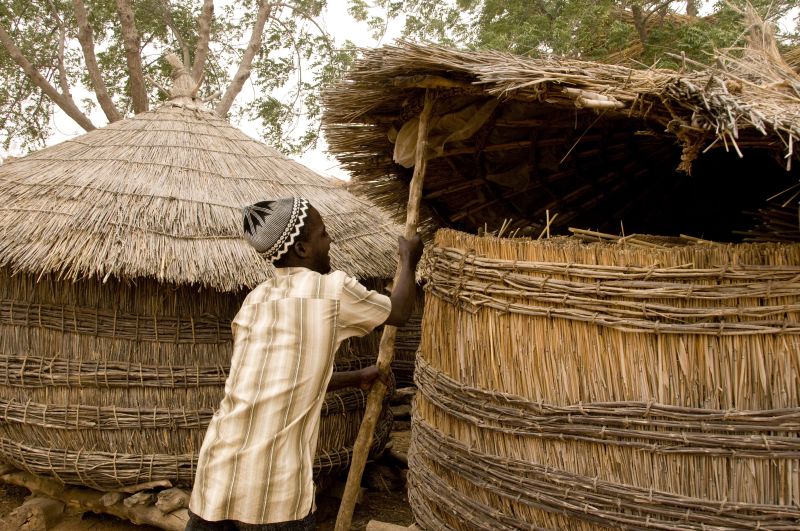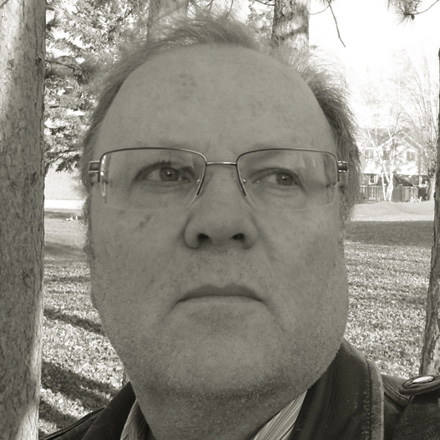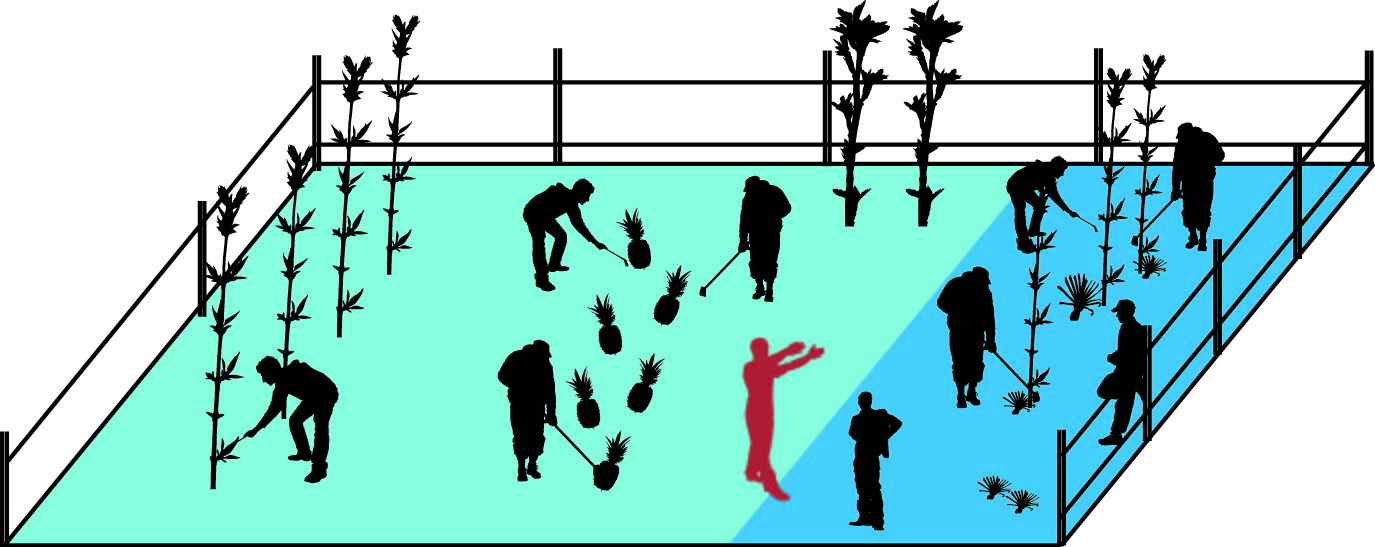Multidimensional crises
Why we must not turn our backs on Afghanistan now
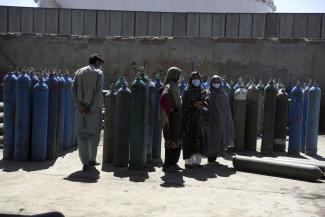
Of Afghanistan’s 40 million people, at least 18.9 million currently depend on humanitarian aid. The World Food Program is warning of famine as food is becoming scarce. Drought is undermining masses of livelihoods, and it is a consequence of the climate crisis. The Delta variant is spreading, but not even 1.1 % of the people are fully vaccinated against Covid-19. The healthcare system, which was always fragile, is collapsing. According to reports from Kabul, no one is paying health staff any more.
Adding to the problems, the security situation is precarious. How a future government will act, remains to be seen. The number and complexity of the crises currently rocking Afghanistan feel overwhelming – and should be interpreted as a wake-up call.
Like other humanitarian agencies, the International Rescue Committee (IRC) is committed to keep operations running. We have been working in Afghanistan since 1988. To keep on reaching out to civilians in the current multidimensional crisis, however, all humanitarian agencies need the backing of the international community, including the EU and Germany.
- Safeguard long-term funding. We appreciate that Germany‘s Federal Government has pledged an immediate €100 million for relief missions in Afghanistan - plus an additional €500 million long-term. However, we need long-term commitments for sustained efforts. Our request is that Germany pledge an annual €200 million for the next five years.
- Use diplomatic channels. More is needed than money. At the highest diplomatic levels, the German government should make efforts to ensure that people keep access to humanitarian aid under a Taliban government, with humanitarian workers staying able to operate at the grassroots level.
- Support local workers. Afghan women and men account for 99 % of the IRC staff in Afghanistan. Their expertise and their ties to local communities now matter more than ever before. Funding should therefore be channelled not only to overarching organisations like the UN. Community-based organisations and frontline responders deserve support. They understand the local context and know what people need.
- Protect women and children. Some 75 % of the people who depend on humanitarian relief in Afghanistan today are women and children. Since 1995, women’s literacy rate has increased by about 70 %. However, female persons are once again likely to be excluded from education. Germany’s Federal Government must exert pressure to protect women’s fundamental rights. Apart from access to education and healthcare, that includes the right to work. Should women be denied that right, we will not be able to reach out to the majority of the people anymore.
- Welcome people in need of protection. Some Afghans need more than humanitarian aid: they need protection because they are particularly at risk. Chancellor Angela Merkel has said that Germany is committed to local workers who supported German institutions. Her estimate is that some 40 000 persons are hoping to come to Germany. The number includes relatives of local workers. On top of the EU resettlement programme, Germany should therefore offer refuge to 20 000 people, including women, members of gender minorities and former staff of German agencies.
Afghanistan’s civilian population is facing dramatic times. Germany, the EU and international allies must ensure that life-saving relief can still be delivered so people get support in dangerous times. We must not turn our backs on Afghanistan now.
Ralph Achenbach is the country director of the International Rescue Committee (IRC) Deutschland.
IRC.Deutschland@Rescue.org
www.RESCUE-DE.org
Normal 0 21 false false false DE X-NONE X-NONE /* Style Definitions */ table.MsoNormalTable {mso-style-name:"Normale Tabelle"; mso-tstyle-rowband-size:0; mso-tstyle-colband-size:0; mso-style-noshow:yes; mso-style-priority:99; mso-style-parent:""; mso-padding-alt:0cm 5.4pt 0cm 5.4pt; mso-para-margin:0cm; mso-para-margin-bottom:.0001pt; mso-pagination:widow-orphan; font-size:12.0pt; font-family:"Calibri",sans-serif; mso-ascii-font-family:Calibri; mso-ascii-theme-font:minor-latin; mso-hansi-font-family:Calibri; mso-hansi-theme-font:minor-latin; mso-fareast-language:EN-US;}
